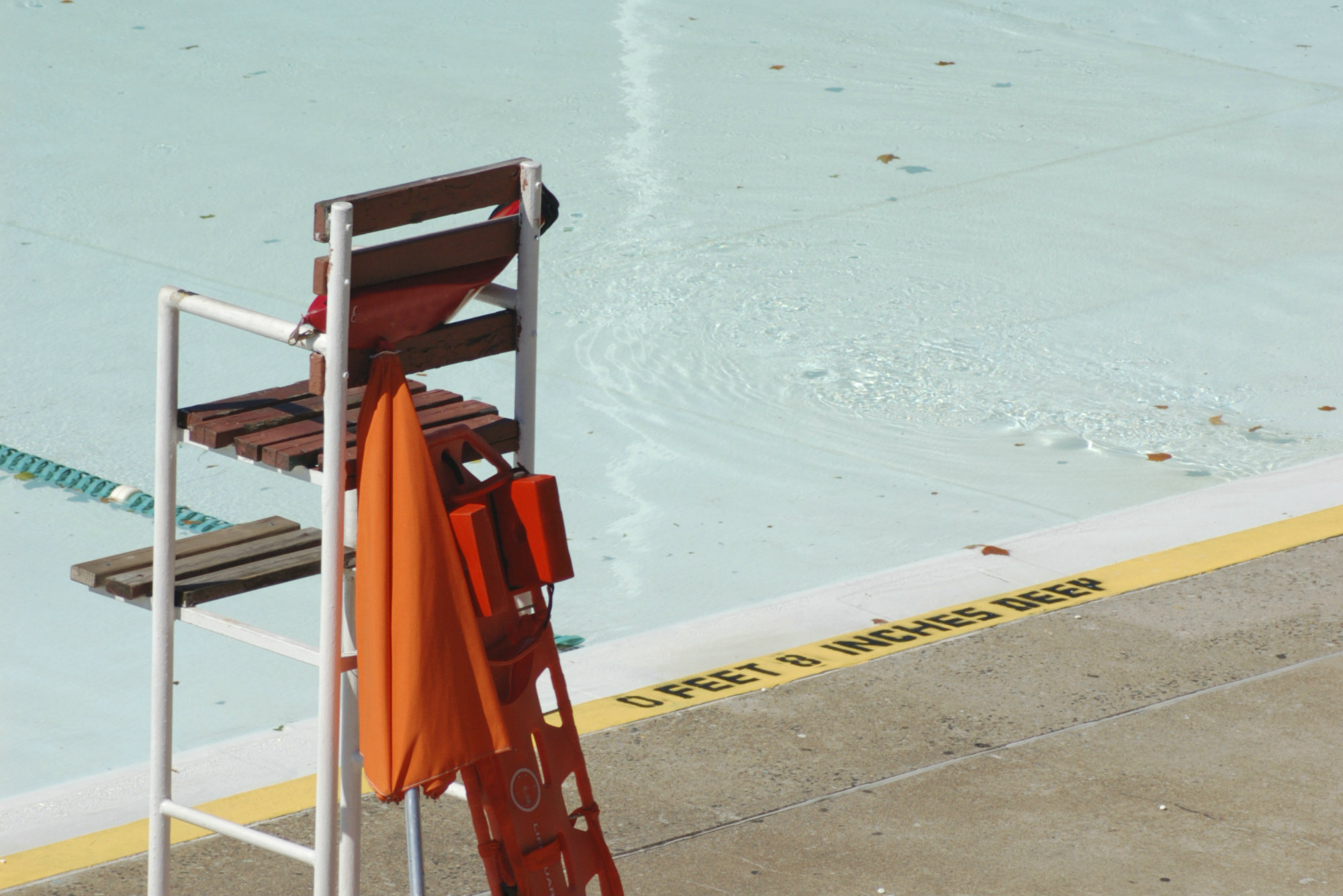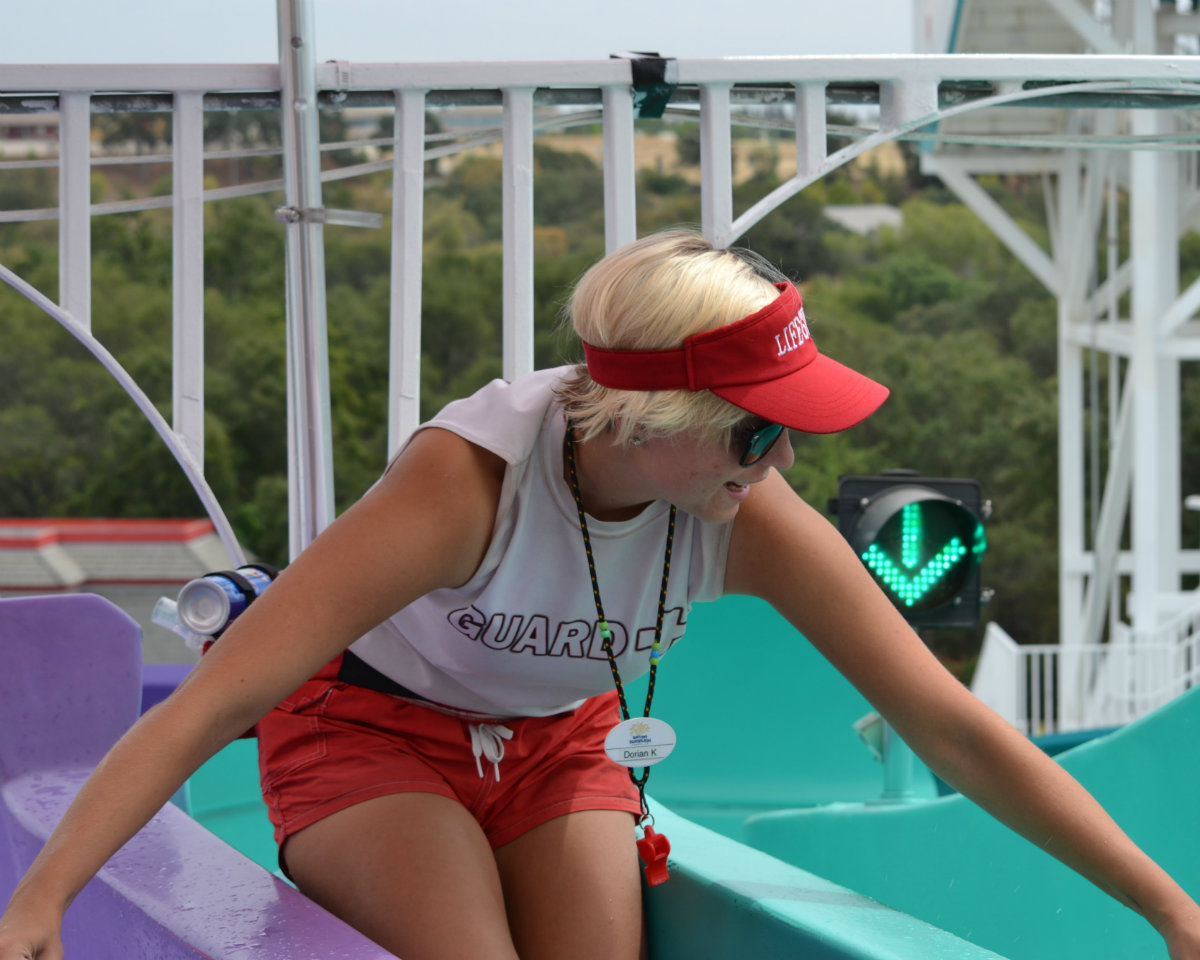Some pool management firms ran into a hiring hitch as foreign students seeking work as lifeguards have been subjected to increased scrutiny in the visa application process.
As a result, some pools failed to open by Memorial Day.
According to media reports out of Virginia, a sign at one pool informed guests that it was closed because lifeguards could not get their visas cleared.
Such reports are concentrated in the mid-Atlantic, where several large lifeguard firms oversee hundreds of pools. It’s unknown how many facilities have been affected. “It’s maybe 10 percent of the pools in the region, but that doesn’t help the person trying to do their morning laps,” said Carl Chidlow, a Washington D.C.-based lobbyist. The Association of Pool & Spa Professionals retained him to help combat what the industry views as overly restrictive rules for recruiting from other countries.
Story continues below
-
APSP Forms Coalition to Combat Lifeguard Recruitment Restrictions
A proposed rule by the Department of State could jeopardize the aquatics industry's use of the J1 Summer Work Travel program

Students seeking entry to the U.S. through the Summer Work Travel program go through their consulates to obtain J1 visas. It’s usually a simple process, Chidlow said. This season, however, got off to a rocky start as some have been denied or had to jump through extra hoops. That put a dent in the numbers of students employers hoped to recruit. For example, if a firm typically hires 300 exchange students each season, it may only be getting half that, at least initially.
“The [U.S.] State Department may be giving instruction to these consulates about additional layers of scrutiny or more aggressive vetting,” Chidlow said. “Apparently there haven’t been problems of this magnitude at these consulates in prior years … It’s not something that could be planned for.”
All in all, the delays have been only a minor setback. Chidlow said he knew of one major firm that had planned to have the majority of its pools open by next week.
While this situation may simply be a hiring hiccup, it could foreshadow longer-term problems, if suggested reforms become law. Last December, the U.S. State Department proposed a series of changes to its J1 cultural-exchange program. Among them was a call for more stringent screening of applicants.
Story continues below
-
APSP Forms Coalition to Combat Lifeguard Recruitment Restrictions
A proposed rule by the Department of State could jeopardize the aquatics industry's use of the J1 Summer Work Travel program

The rulemaking contained a provision requiring sponsors that arrange employment for foreign students to conduct video-conference interviews with candidates. Sponsors say this would be a logistical nightmare, requiring that they schedule and complete hundreds of thousands of interviews in different countries and time zones. And the measure is redundant, sponsors said, maintaining that foreign third-parties already do much of the vetting.
“One small sponsor estimated that this would take 10 weeks of work and cost approximately $10,000 in increased costs,” the U.S. Small Business Administration noted in a memorandum. The agency has been fielding complaints from concerned industries that rely on J1 visa workers.
Sponsors also complain of more burdensome paperwork and heightened screening requirements of host employers.
Specific to the pool and aquatics industries is a provision that would prohibit J1 visa-holders from working at single-guard facilities.
To combat these changes, Chidlow said he’s working closely with Republican lawmakers who represent tourist destinations where foreign students help keep resorts, restaurants and amusement parks running during peak travel season.
“I think the concern mostly is the future cost of recruiting these J1s into the workforce,” Chidlow said. “It’s a lot of people who make the economic wheels turn in these congressional districts. And that is resonating.”



